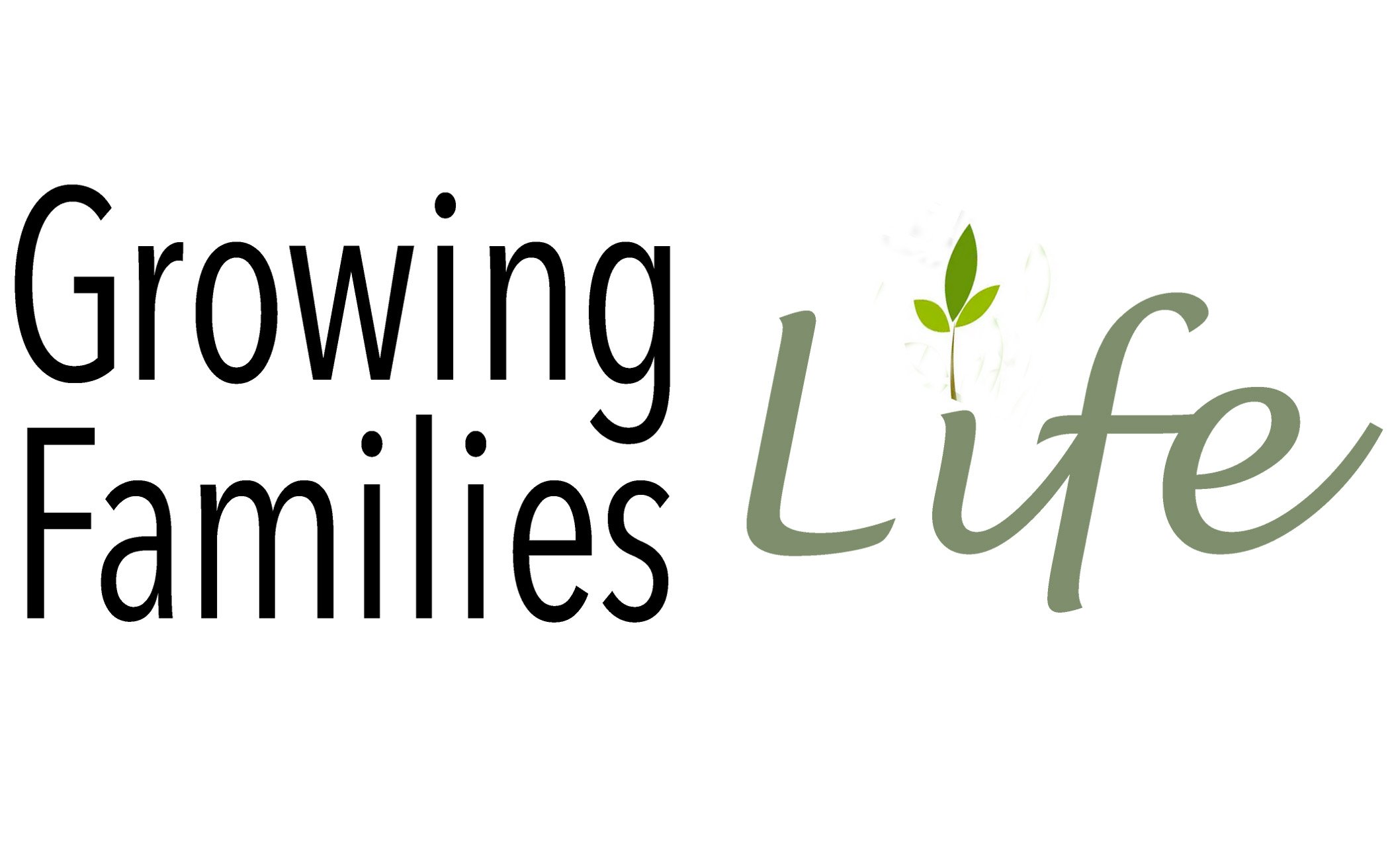Parenting from the Tree of Life - Article
Civility and Child Training
If there is a word that can encapsulate the application side of moral truth, we believe the word is civility. This is not the generic “civility” tossed back and forth by political pundits on Sunday talk shows, nor the conversations generated by public and private acts of incivility that makes more fodder for entertainment media (disguised as “News”). Rather, it is a civility deeply informed by the nature of God’s goodness.
Civility, for most of the world’s population, is a self-serving necessity. “I’ll be nice to you, if you will be nice to me. I’ll respect you, if you respect me.” This is called the ”ethics of reciprocity,” a philosophical stepchild of moral relativism. It works only if everyone is willing to participate, and most are not.
In contrast, for those bound in the Love of God, ethical conduct serves a vertical purpose that has trickle-down social implications. Christians do not act kindly with the hope that people will be kind in return, but rather, we do so because God is kind. We do not act virtuously to get people to respond to us in like manner. We live virtuously, because God is virtuous. The reflected expressions of God’s love impact all social relationships, from how we greet people, respect their property, and honor the aged ones in our midst, to how we share a meal with each other. Everything is connected to a purpose greater than ourselves, and that is precisely what separates the civility derived from God’s nature and love and the counterfeit civility birthed from moral relativism. The latter has man trying to meet his basic needs without God, the former is man meeting his fellow man’s basic needs with the love of God.
It appears that our society is experiencing a pandemic of rudeness and the loss of common courtesy, which begs the question: “Whatever happened to civility—to those moral protocols of politeness and consideration for others?”
Recent history seems to point to the loss of purpose. The “why” of civility is missing from the moral equation! Knowing the moral why of conduct fuels positive conduct. It provides purpose, and with purpose comes the motivation to do the right thing at the right time for the right reason.
Civility is all about the message we carry from God’s heart to the world. It is the moral language of heaven. As a language it serves a dual purpose. First, it identifies us as people who belong to God. As the day’s light is an extension of the sun’s light, so our conduct is an extension of our place in the City of God. Second, true biblical civility reflects God’s love in action.
Here are five questions that will guide our conversation.
Where is civility found in the Bible?
What purpose does civility serve?
What are the components of civility?
What does our civility bring to the moment?
What does civility look like in practice?
To read more purchase Parenting From the Tree of Life
Watch Vid-Snips:
